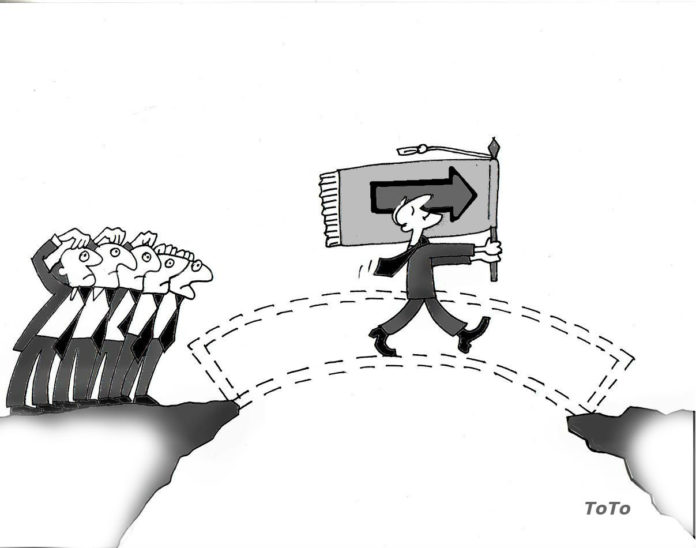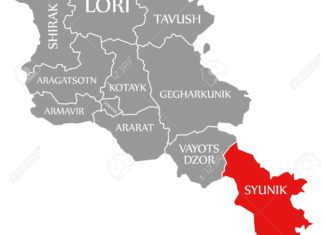People in Armenia continue to savor the fruits of the Velvet Revolution. They are virtually in ecstasy, after witnessing Nikol Pashinyan taking over the office of prime minister from Serzh Sargsyan on May 8.
Pashinyan’s ascendance to power was a cause for celebration, as was Sargsyan’s peaceful resignation.
No one is sure how long the honeymoon will last, however. Expectations are high and there is a sense of optimism in the air.
After overthrowing a hated regime, people are in the mood to continue the revolution by asking regional leaders (marzbeds) to resign and are also demonstrating at the Yerevan City Hall, demanding the resignation of Mayor Taron Markarian.
Demonstrations against and harassment of the president of Yerevan State University, Aram Simonyan, have sent him to the hospital. The leader of the Velvet Revolution has yet to control the demonstrators who may convert the peaceful revolution into a witch hunt, if it is not stopped now in its tracks.
The revolutionary mood seems to be contagious, as people in Artsakh have been demonstrating against the arbitrary beatings of ordinary citizens by plain clothes police officers.








